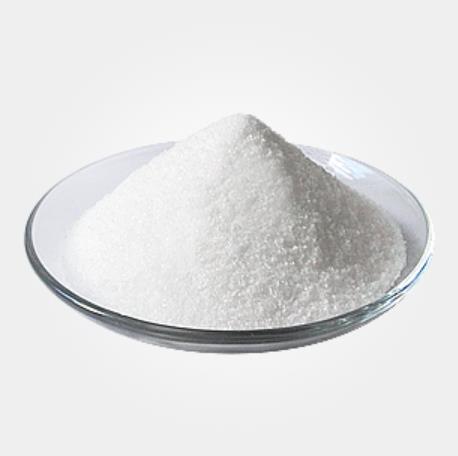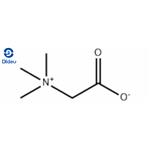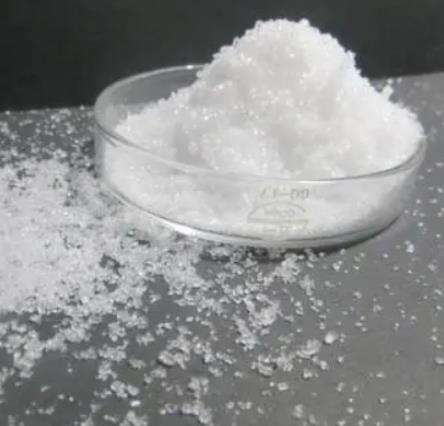Betaine: An In-Depth Look at Its Properties, Composition, Uses, and Storage
Betaine - also known as anhydrous betaine or trimethylglycine (TMG) - is a substance produced in the body. It is involved in liver function, cell reproduction, and helps make carnitine. It also helps the body metabolize an amino acid called homocysteine. The U.S. Food and Drug Administration (FDA) has approved the use of betaine to treat a genetic disorder that causes excessive homocysteine to accumulate in the body.

Figure 1 Characteristics of betaine
Properties
Betaine is a methyl donor that plays a role in the normal metabolic cycle of methionine. It is a naturally occurring choline derivative that is usually ingested through the diet and has a role in regulating cell hydration and maintaining cell function. Homocystinuria is a genetic disorder that causes the accumulation of homocysteine in plasma and urine.
Currently, there is no treatment that can correct the genetic cause of homocystinuria. However, to normalize homocysteine levels, patients can be treated with vitamin B6 (pyridoxine), vitamin B12 (cobalamin), folic acid, and a specific diet. Betaine can reduce plasma homocysteine levels in patients with homocystinuria. Although it is found in many foods, the amounts found in them are not high enough to treat the condition. The FDA and EMA have approved Cystadane (betaine anhydrous, oral solution) for the treatment of homocystinuria, and the EMA has approved Amversio (betaine anhydrous, oral powder).
Uses
Betaine is used to treat homocystinuria, a genetic disorder in which the body is unable to break down a certain protein, resulting in a buildup of homocysteine in the blood. Elevated levels of homocysteine in the body can cause symptoms such as extreme fatigue, seizures, dislocation of the lens in the eye, abnormal bone structure, osteoporosis (bone thinning), blood clots, weight loss or poor weight gain in children, and developmental delays. Betaine belongs to a class of drugs called nutrients. It works by lowering the amount of homocysteine in the blood.
Side Effects
Most side effects of betaine are mild and include diarrhea, stomach upset, and nausea.
Betaine can raise total cholesterol levels. People who are overweight, have heart disease, or are at risk for heart disease should not take betaine without consulting a doctor.
People with kidney disease should not take betaine.
See also
Lastest Price from Betaine manufacturers

US $0.00-0.00/KG2025-11-27
- CAS:
- 107-43-7
- Min. Order:
- 1KG
- Purity:
- 98
- Supply Ability:
- 10000KGS

US $1200.00-1100.00/ton2025-09-24
- CAS:
- 107-43-7
- Min. Order:
- 1ton
- Purity:
- 99%
- Supply Ability:
- 1000T/M


